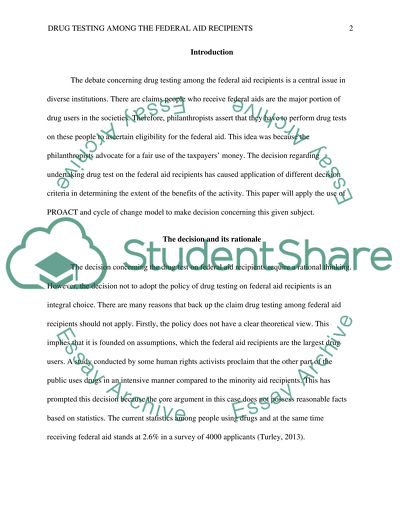Cite this document
(Drug Testing Welfare Recipients Term Paper Example | Topics and Well Written Essays - 2000 words, n.d.)
Drug Testing Welfare Recipients Term Paper Example | Topics and Well Written Essays - 2000 words. Retrieved from https://studentshare.org/human-resources/1489565-drug-testing-for-federal-aid-recipients-come-to
Drug Testing Welfare Recipients Term Paper Example | Topics and Well Written Essays - 2000 words. Retrieved from https://studentshare.org/human-resources/1489565-drug-testing-for-federal-aid-recipients-come-to
(Drug Testing Welfare Recipients Term Paper Example | Topics and Well Written Essays - 2000 Words)
Drug Testing Welfare Recipients Term Paper Example | Topics and Well Written Essays - 2000 Words. https://studentshare.org/human-resources/1489565-drug-testing-for-federal-aid-recipients-come-to.
Drug Testing Welfare Recipients Term Paper Example | Topics and Well Written Essays - 2000 Words. https://studentshare.org/human-resources/1489565-drug-testing-for-federal-aid-recipients-come-to.
“Drug Testing Welfare Recipients Term Paper Example | Topics and Well Written Essays - 2000 Words”, n.d. https://studentshare.org/human-resources/1489565-drug-testing-for-federal-aid-recipients-come-to.


